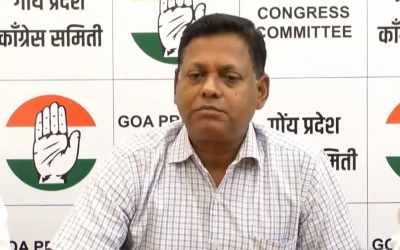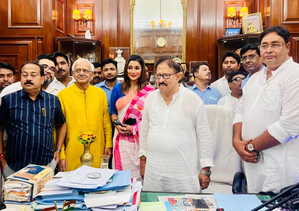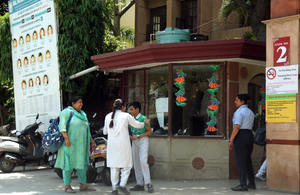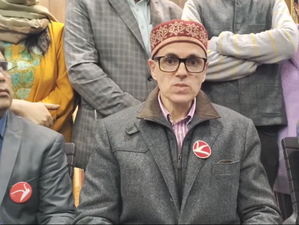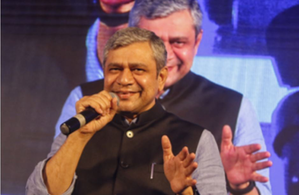DST, experts urge to boost AI-driven solutions to enhance healthcare in India

New Delhi, Sep 5 (IANS) A team of medical professionals, engineers and scientists, led by experts from the Department of Science and Technology (DST), under the Ministry of Science and Technology, on Thursday deliberated on ways to develop AI-driven solutions that will enhance patient care in India.
At the day-long conference organised at the iHub Anubhuti – Indraprastha Institute of Information Technology Delhi (IIIT-Delhi) Foundation, the experts also urged using Artificial Intelligence to optimise clinical processes, and ultimately boost healthcare outcomes.
DST Secretary Professor Abhay Karandikar highlighted the potential of the National Mission on Interdisciplinary Cyber-Physical Systems (NM-ICPS) to transform healthcare.
Karandikar also emphasised the critical need for interdisciplinary collaboration to address the country’s overloaded healthcare facilities.
“Integrating expertise from AI, clinical sciences, and basic sciences can help harness India’s extensive data sets for improving access to healthcare,” he said.
“Over the next three years, the NM-ICPS aims to recalibrate and synchronise efforts to achieve impactful advancements,” Karandikar added.
NM-ICPS was launched by the Union Cabinet in 2018 at a total outlay of Rs 3,660 crore for a period of five years.
The conference aimed to identify key healthcare challenges, foster interdisciplinary collaboration and explore practical implementation.
Karandikar also called on participants to provide concrete recommendations that can lead to effective interventions for the benefit of society.
“We will be able to launch an interdisciplinary R&D programme which will work at the intersection of engineering, basic sciences, computer scientists, and also practicing doctors and clinicians,” he added.
During the conference, the experts also provided invaluable insights about the intersection of AI and healthcare. They also offered suggestions on how these two fields can collaborate to solve pressing medical challenges.
–IANS
rvt/pgh
